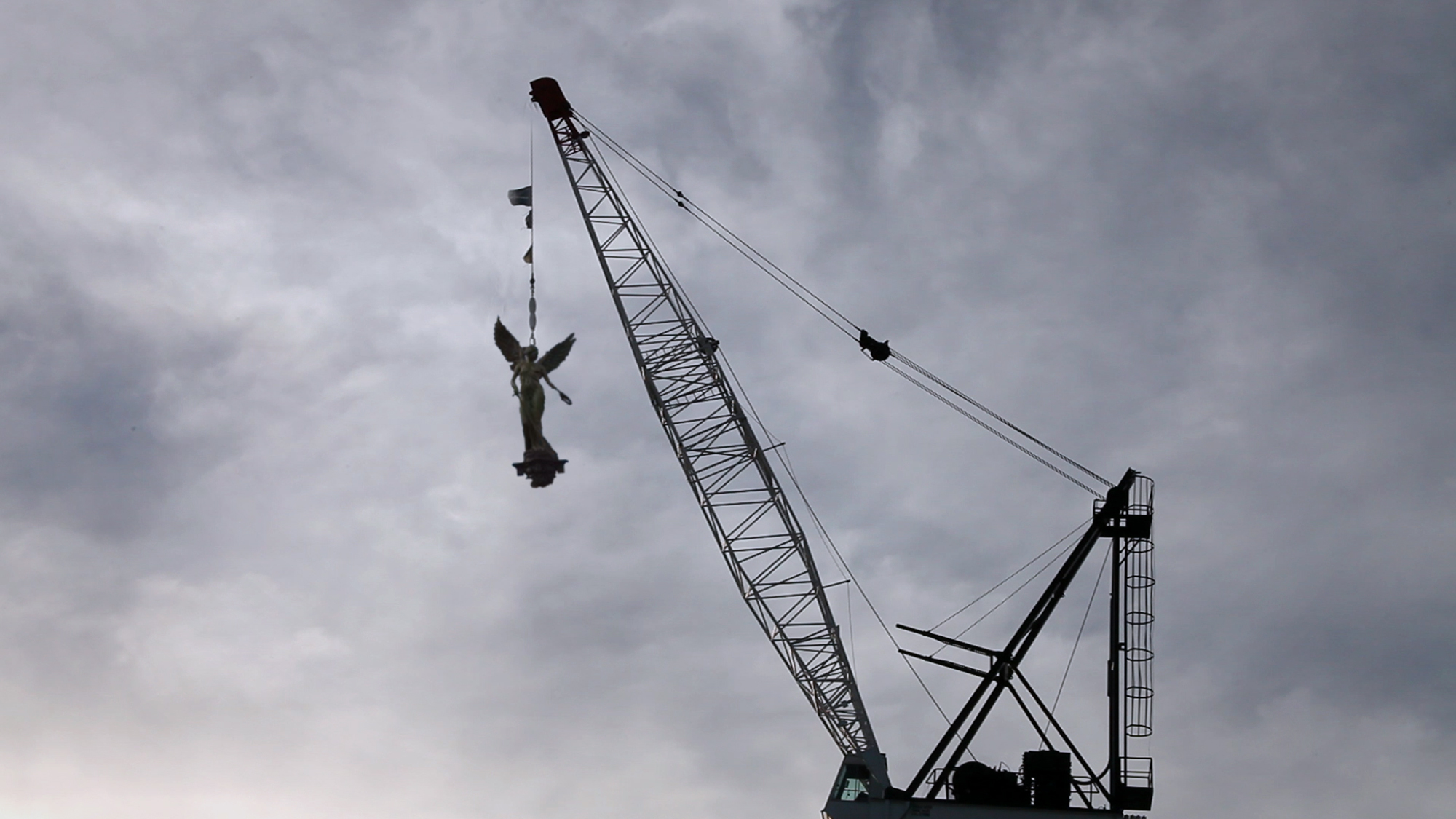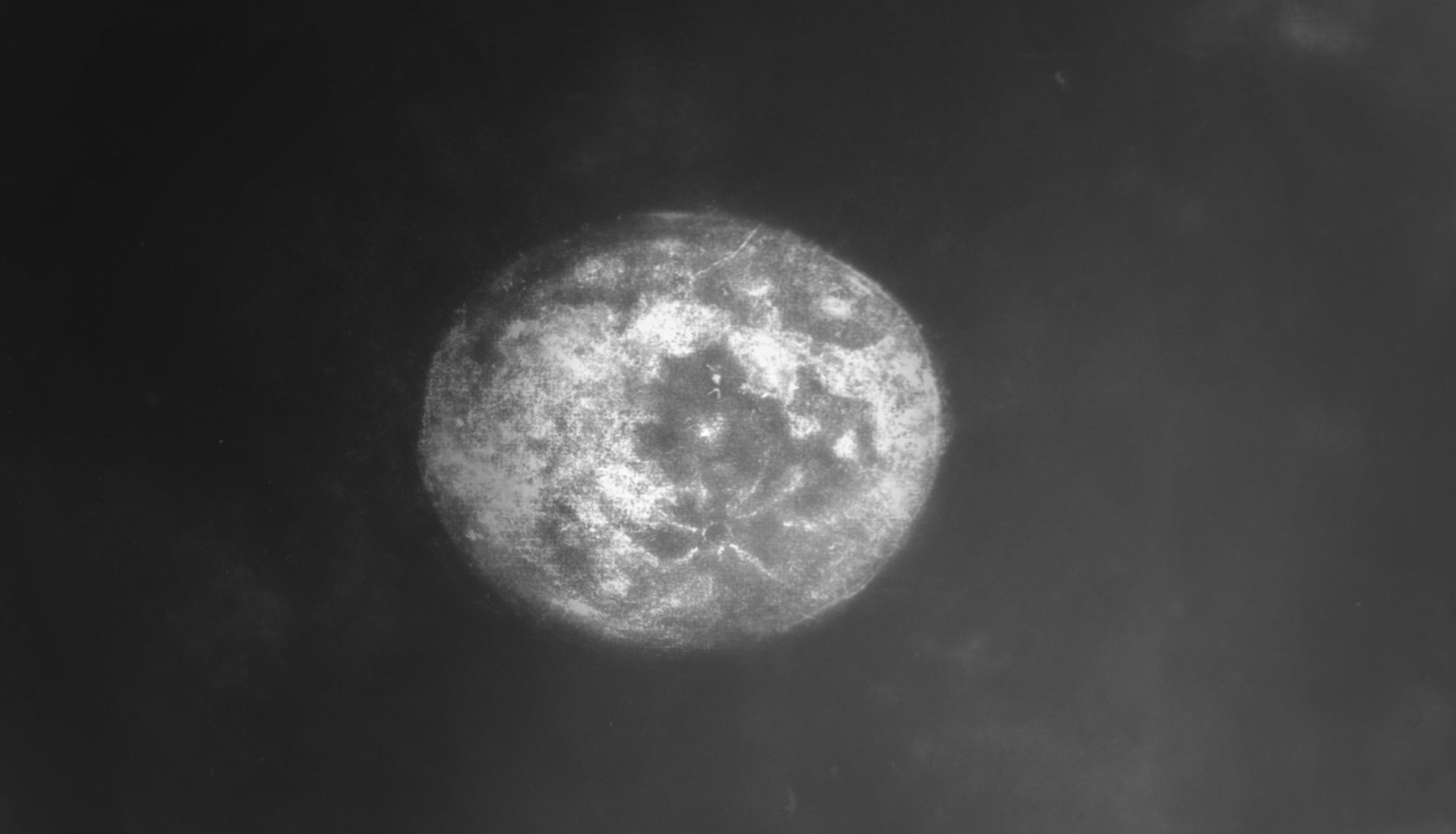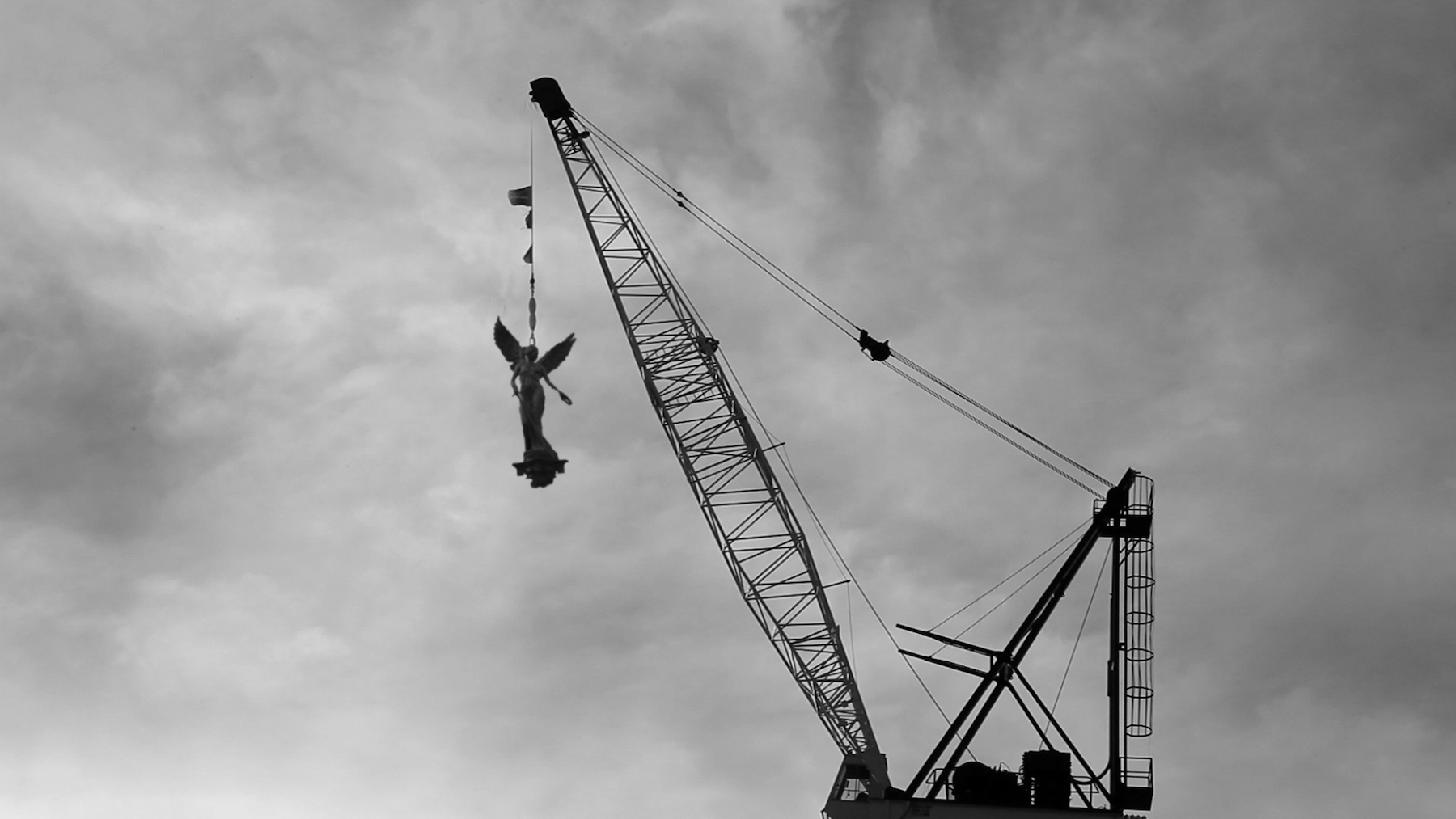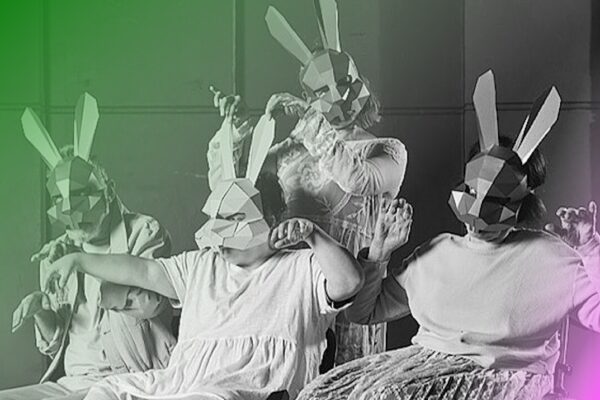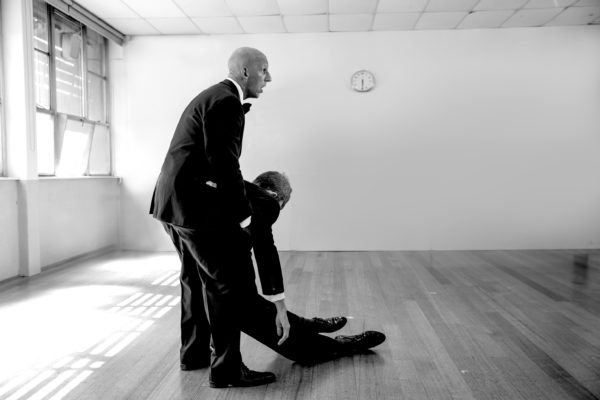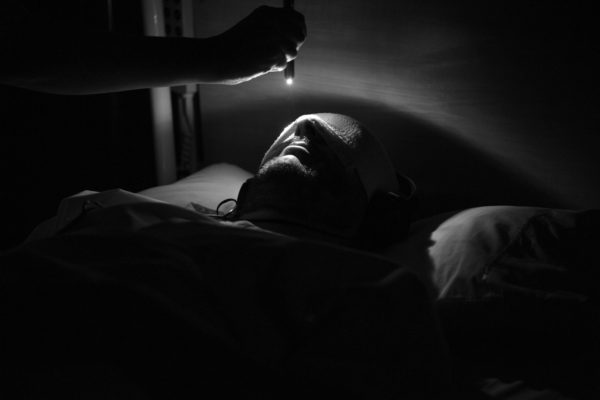WHILE YOU SLEEP
An aural and visual excursion into both the musical fugue and the psychological ‘fugue state’, While You Sleep unites string quartet, piano, electronics, video and animation in a surreal counterpoint of music, movement and image where nothing is quite as it seems. Exploring flight, escape, memory and dissociation, While You Sleep: A Fugue is both contrapuntal experiment and escape from the present. The Melbourne Critique spoke with Sal Cooper about this work’s Dark, subtle, surprising and moving nature.
Speak to us about the terrain of tragedy, grief and loss, and how are such places explored in this work?
The conceptual premise for this work is grounded in the territory of trauma and loss. A dissociative fugue is a rare condition that is thought to proceed from an experience of trauma. In the development of this work we have considered an embodiment of personal grief and associated trauma, and allowed that to shape part of the work that follows. The terrain of grief and loss is familiar to us all, even if it is not associated with a pathological condition, and its shadow permeates this work.
What was is it that led you to create this work, and, through development, how much of its original concept still remains?
What led us to create this piece was a really strong instinct that our combined work needed a new and expanded platform in which to grow. It is a natural development from our previous collaborations, but it has necessitated a whole new creative language, and therefore a new collaborative practice. The work itself began with a conversation between Neal and Cooper about the musical fugue which led to the discovery of the other meanings of the word “fugue”. While the work has grown, developed and changed a great deal since then, its original discovery is still very much intact. While we move forwards, the very beginning is always in our field of view.
Does this performance seek to disrupt audience experiences, or instill a shift in perception?
This performance sits somewhere between immersive theatre, cinematic experience, concert performance, and art installation – as such it might disrupt preconceived notions of any of the above. If it does instill any positive shifts in perception I think we would be glad. As artists it is our duty to dismantle things and then put them back together, in interesting, thoughtful, provocative and, hopefully, beautiful ways.
Outside of performance space, and out the same context, what role does art assume, is it conversational or political, or both?
There are many facets of this work that can exist outside of a performance space, but they would all constitute art. Art is what it is made of. The role that it assumes is fundamental and at once conversational, political and intrinsic. I think that just by virtue of being living breathing human beings who are even marginally thoughtful and occasionally non-compliant…we are political.
A world without art, describe this concept to us, in detail.
I don’t think its possible to describe a world without art in detail – because there would be none. There would be no microscopic beauty or immensity, there would be no impossible sounds or configurations of fallen leaves or trees, or power lines against the sky or fading colors. There would be no accidental patterns in the water, or shapes behind your eyes when you close them. There would be no disturbing dreams, and no strange words that you misheard. I think no art equals no world.

